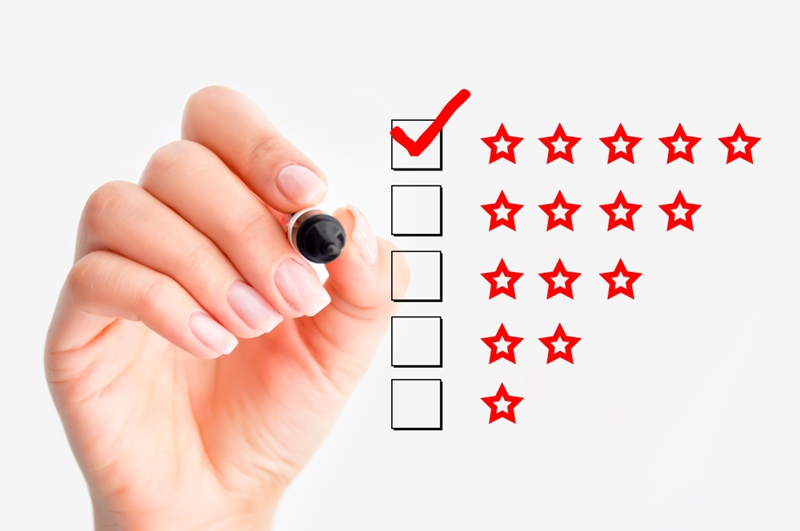
The vehicle identification number (VIN) is composed of 17 characters (digits and capital letters) that act as a unique identifier for the vehicle. A VIN displays the car's unique features, specifications and manufacturer.
The VIN can be found in a couple of places including on the car's registration label (1), on the compliance plate in the engine bay (2) or on the passenger side windshield (3), or on one of the door posts (where the door latches when it is closed) (4). See the image below:
Buying a used car can feel like a chore, when really, it should be an exciting thing to do. The first port of call for many people will be their local dealership, and that's perhaps the initial cause for worry.
A recent Roy Morgan survey found that car dealers were the least trusted professionals in the world, and have been for the past 35 years1, but it doesn't have to be that way. If you turn up at your dealership knowing a little about what you want, and armed with the right information, they can guide you to the used car of your dreams.
Here are three things you should know about a used car dealership before buying a vehicle.
1. What their other customers say
The internet is a marvellous thing. No longer do we have to rely on instinct and the odd recommendation from a friend to decide if a dealership is worth your time - it's all online.
Give the business a quick Google and see what other customers have said. You're likely to find that many are willing to leave a dazzling review, while some consumers are keen to highlight any downsides of their car-buying experience.
Are prices fair? Are salespeople friendly? How quick and efficient is their service? You may have to take some reviews with a pinch of salt, but the overall feeling given by others can be a huge help.

2. What a fair price is
If you know the kind of car that you are looking for, find some options online and jot down the prices, including the recommended retail price.
Then, if you're faced with an offer from your dealership that you think is too high, you can speak up confidently and let them know. Salespeople will rarely walk away from a deal, and with a realistic price bracket in mind, your negotiations can start.
3. The condition of the cars
Give any car you're looking at buying an inspection. A full CarHistory report can help to identify any discrepancies of a car, but even before that stage, you may spot some tell-tale signs of a vehicle that's not worth your time.
First, check all the bodywork for rust - a signal that it could soon be destined for the scrap heap. Next, look at where the body panels meet and check that they're aligned correctly. If not the vehicle may have been in an accident, or at least received some shoddy work in a repair shop.
Also pop the hood and check the engine for any warped, rusted or welded brackets. If you spot something, ask your dealer for an explanation. If you're not happy with the answer, your CarHistory report can help. Reputable dealers may even offer you a CarHistory report to show the car has been checked.
1Roy Morgan, Image of Professions Survey 2016. Accessed June, 2016.